- Home
- slideshows
- miscellaneous
- I've been traveling the world for 6 months, and these are the must-have apps I discovered for each of the 12 countries I visited
I've been traveling the world for 6 months, and these are the must-have apps I discovered for each of the 12 countries I visited
Anywhere: ExpressVPN ($12.95/month)

Anywhere: Google Translate (free)
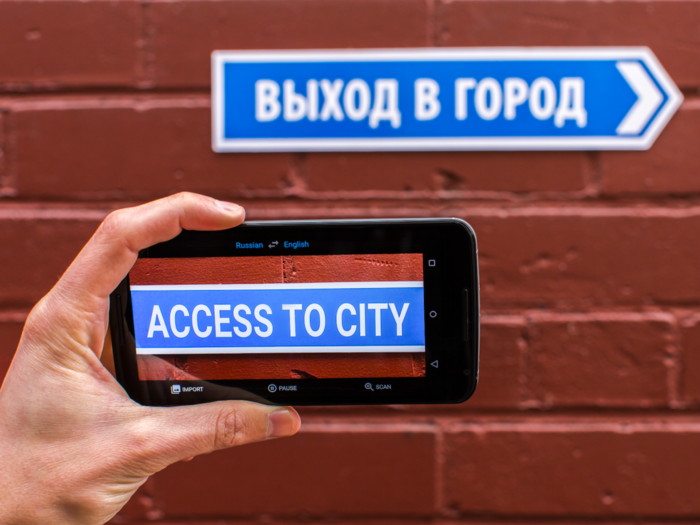
Yes, Google Translate can teach you how to say "Nǐ hǎo" — but did you know you can download entire languages for offline translation, or hold it up to signs or menus for instant translation?
Hong Kong: OpenRice (free)
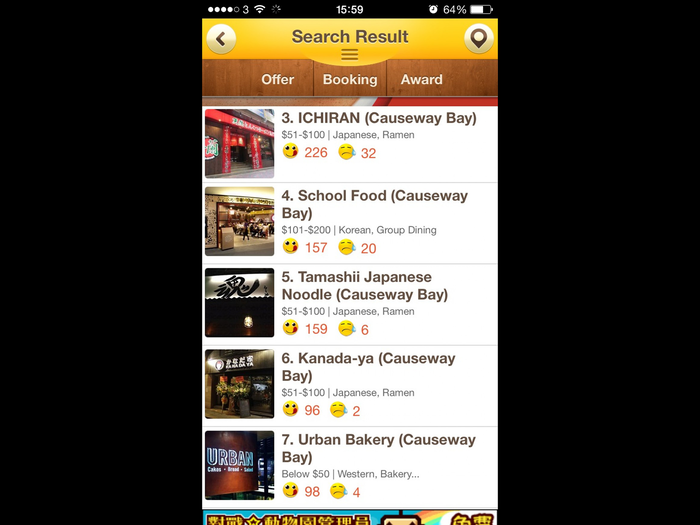
The quality of restaurant and other small business recommendations in any place you visit depends entirely on having an active community for a particular app. OpenRice doesn't have the best interface in the world, but it is what Hong Kongers use most to find that perfect bowl of noodles.
Hong Kong: HKTaxi (free)
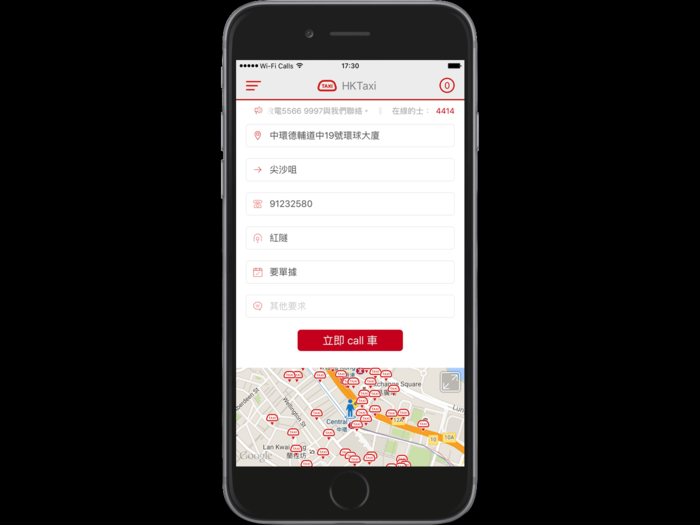
Uber exists in Hong Kong, but I found it to be plagued with long wait times. When Uber seems unavailable or overpriced, HKTaxi can hail you one of the city's many, many taxis.
China: WeChat (free)
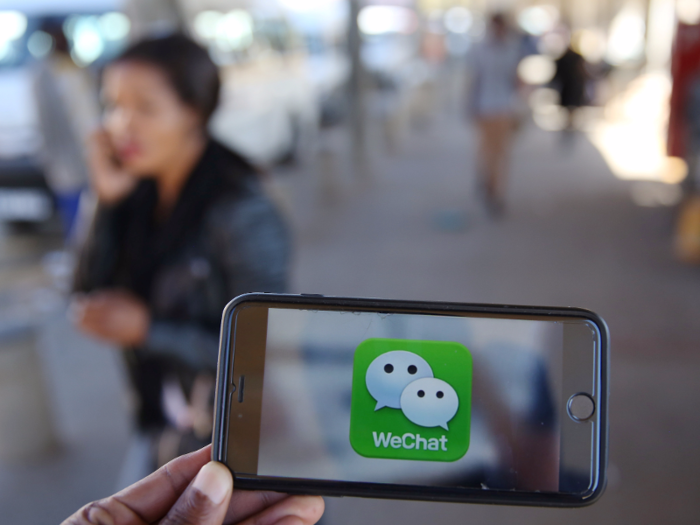
It's hard to explain to someone who hasn't been to China what WeChat is to the country. One Chinese person I met put it simply as, "WeChat is life." It's a messaging app the people use for both work and play, a mobile payment solution, their substitute for Facebook and Instagram, and a hundred other things.
Once you get there, download the app and you'll start to understand.
China: Didi Chuxing (free)
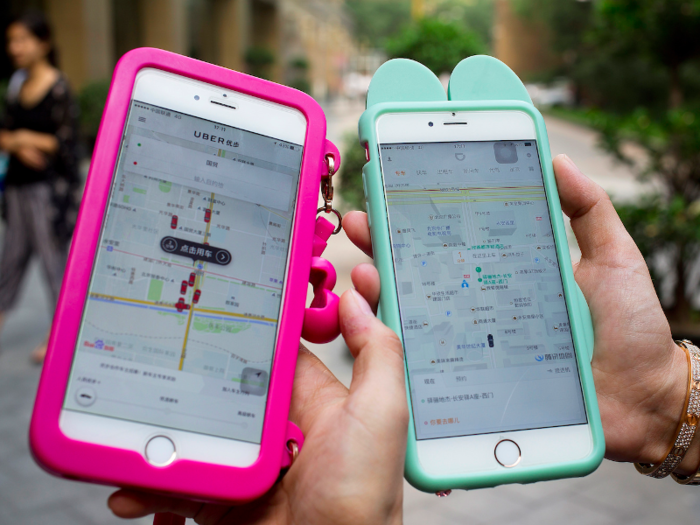
Ride-hailing app Didi won China's ride-hailing wars in 2016 when Uber agreed to sell off its China business. Today, Didi is just about the only game in town. Thankfully, the company released an English-language version of its app last year.
China: Trip.com (free)
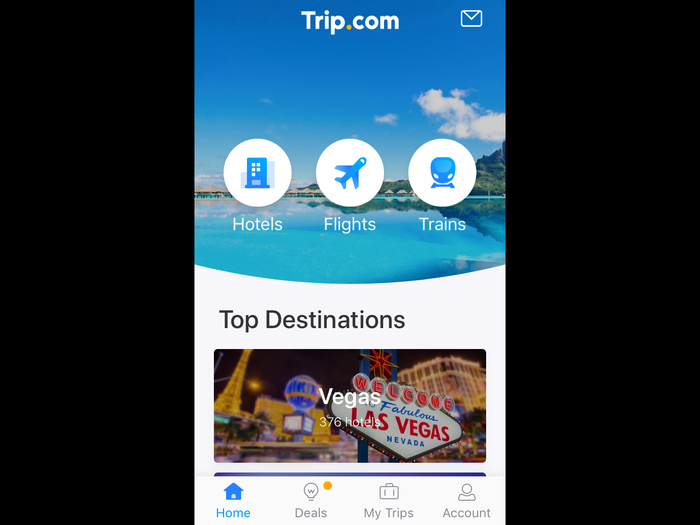
I got hooked on using Trip.com while in China. It's owned by the Chinese company Ctrip, and while that company's website is janky, Trip.com's app interface is super smooth. I always check here for deals on flights and hotels, particularly in China where it surfaced bargains I couldn't find anywhere else. It's also the easiest way to book tickets for China's excellent train system if you don't understand Mandarin.
China: Pleco (freemium)

Mandarin Chinese is both notoriously hard to learn and hard to translate. While Google Translate does a serviceable job translating the language, Pleco is a dedicated Chinese language learning app, dictionary, and document reader that is far more comprehensive. If there is a word or character you need to know, Pleco's answer is likely to be far more accurate than Google's.
China: AppleMaps (free)
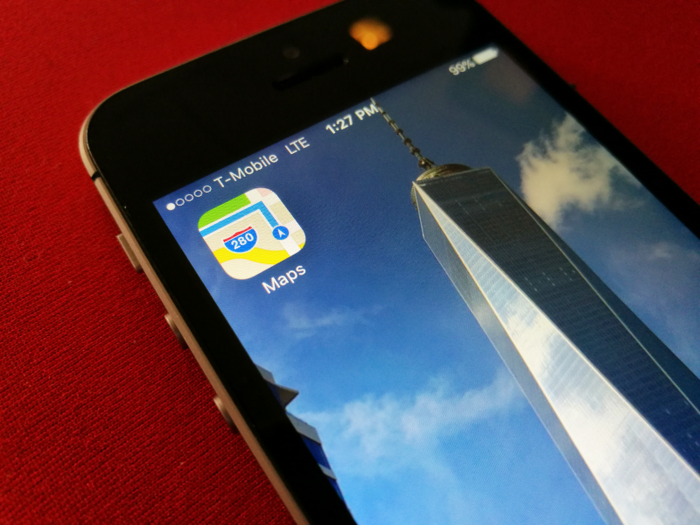
Given that Google is banned in China, it should be little surprise that GoogleMaps isn't anywhere close to accurate in the country (leaving aside the fact that you can't access it without a VPN).
While there are better map apps for China than AppleMaps, unless you can read Chinese characters, they'll be of little use to you. AppleMaps in China isn't perfect, but it's probably the best an English speaker can hope for.
China: Mobike + Ofo
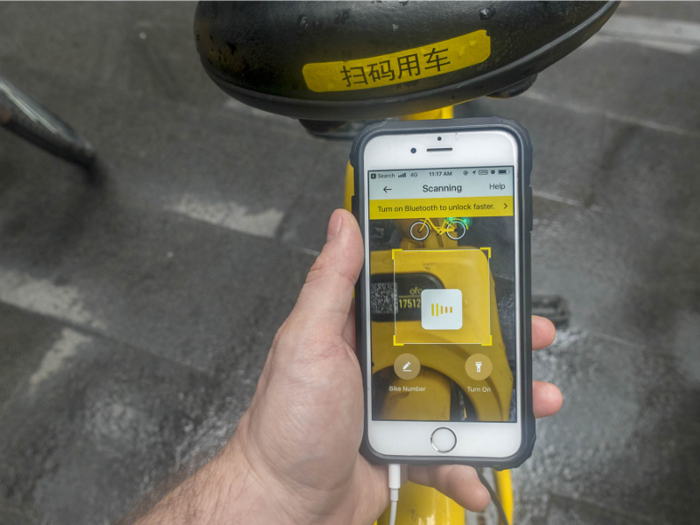
One of the hottest sectors of Chinese tech is "dockless-bike sharing." The two primary companies, Mobike and Ofo, both have bikes all over streets in nearly every Chinese city.
While metro systems in China are spiffy and new, you usually need to walk ten to 15 minutes after you get off a stop. Hopping on a Mobike or an Ofo will cut that walk down to leisurely couple minutes on a bike. A ride only costs a few cents. It's very worth it.
Singapore + Bali: Grab (free)
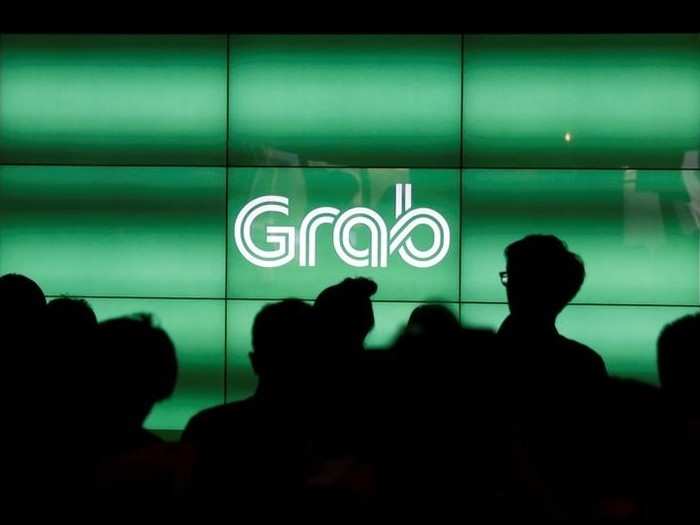
Based in Singapore, Grab is the Uber-equivalent to use in most of Southeast Asia. It's got a spiffy interface, tons of drivers, and it can be used for everything from mobile payments to bike rentals to food delivery. If you're in Southeast Asia, you need it.
Bali: Go-Jek (free)
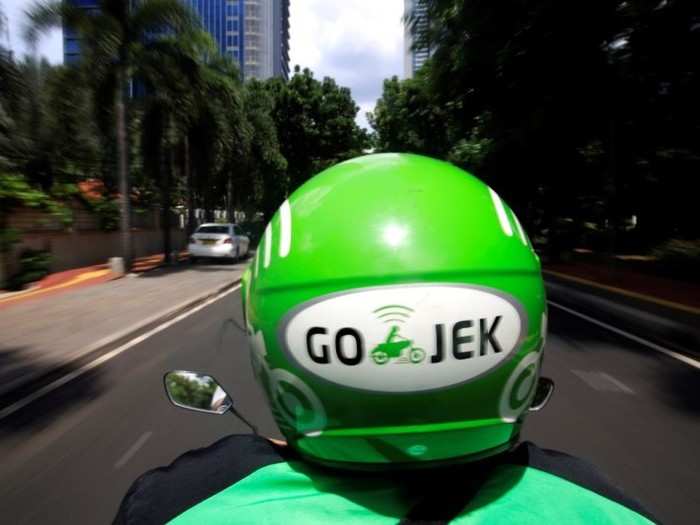
Grab's main competitor in Southeast Asia is Go-Jek, an Indonesian company. Like Grab, the app excels at a lot of different tasks, including food delivery, ride-hailing, mobile payments, ticket buying, and even on-demand massages, house-cleaning, and auto-repairs. Its interface is a litle janky, but the convenience it provides is unparalleled.
Singapore: Deliveroo (free)
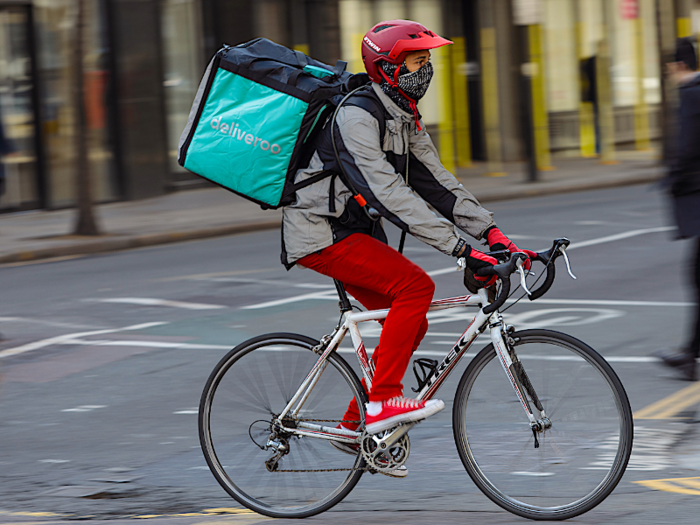
Deliveroo is a British food delivery company that operates in over 200 cities. I found it most useful in Singapore and Hong Kong where it had a wide variety of cheap and delicious options. If you don't like what you find on Grab, Deliveroo is a great alternative.
Singapore: Citymapper (free)
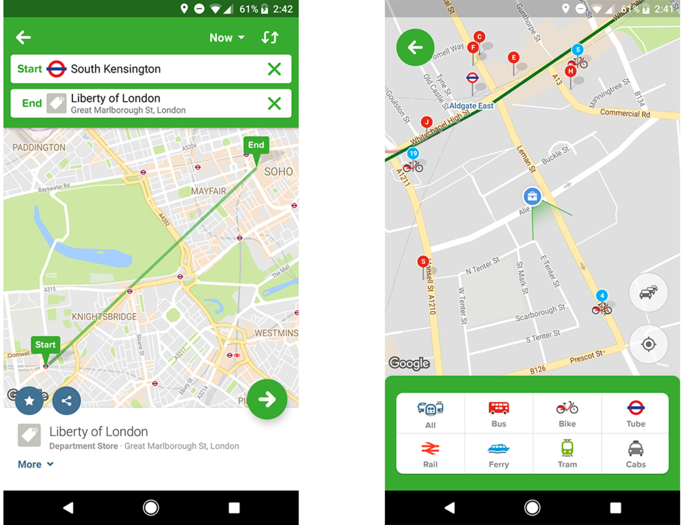
Citymapper is another British tech company that I found extremely useful in Singapore. While GoogleMaps works fine in Singapore, I found Citymapper to be more accurate at combining the various transit options available, from the metro to cycling to walking, and coming up with the fastest route possible.
Korea: KakaoTalk + KakaoT (free)
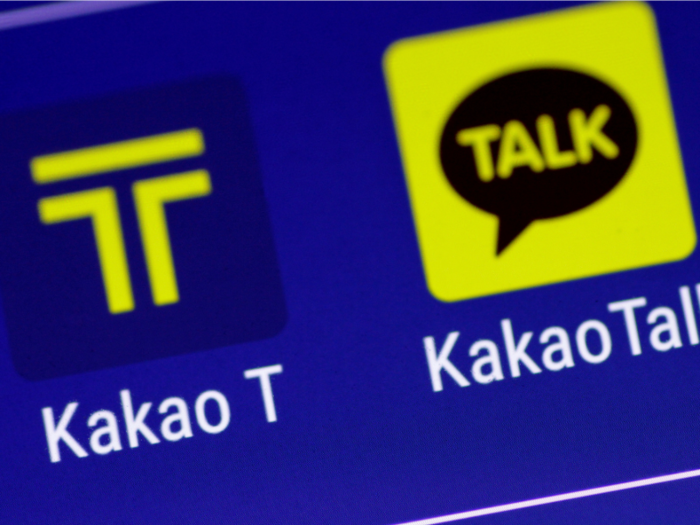
Kakao is the big kahuna when it comes to Korean tech. KakaoTalk is as integral to Korean life as WeChat is to Chinese life and similarly integrates a variety of different functions into one super app.
KakaoT is Kakao's Uber-equivalent, combining real-time traffic information, ride-hailing, and even finding parking spaces into one great transportation app.
Korea: MangoPlate (free)
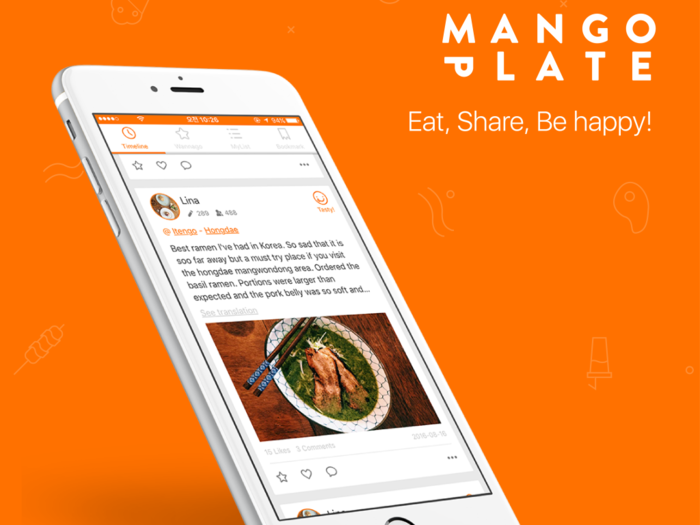
As I said with OpenRice, restaurant recommendations are all about the community. MangoPlate is the Yelp/TripAdvisor-type app that Koreans use to find great mandoo and bibimbap.
Korea: NAVER Map (free)
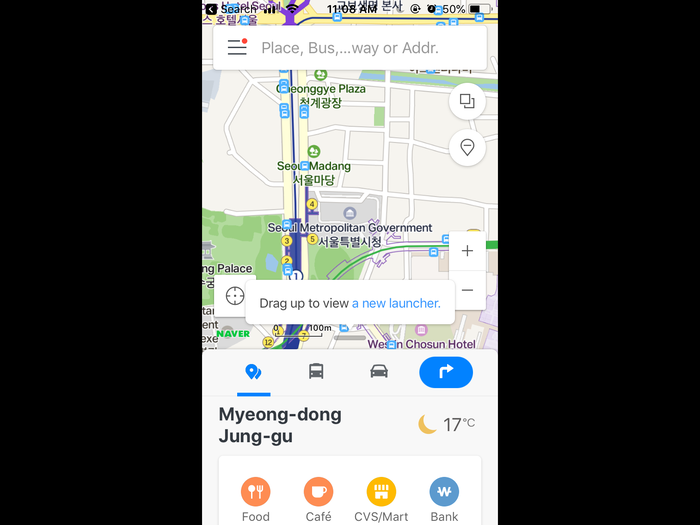
GoogleMaps works in Korea, but the reality is that it gets confused often. Korean addresses, particularly in Seoul, are complicated, most taxi drivers will look at you like you are crazy if you show them an address in English, and many places have similar names when translated to English.
Made by Korea's Google equivalent, NAVER Maps works (mostly) in English, but is far more accurate than Google. It has better information about public transit, can read Korean addresses properly, and has better search results for Korea.
Russia: Yandex Taxi (free)
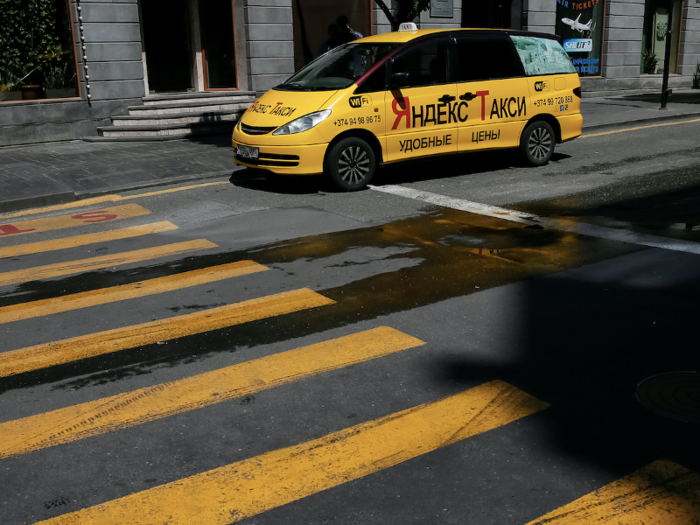
Earlier this year, Uber and Yandex, Russia's biggest internet giant, agreed to merge their ride-hailing services. You can still use Uber in the country — or at least I could when I visited in June — but you're really using Yandex Taxi whether you know it or not.
Might as well skip the middle man and go straight to the local app that understand Russian addresses.
Russia: Yandex Maps (free)
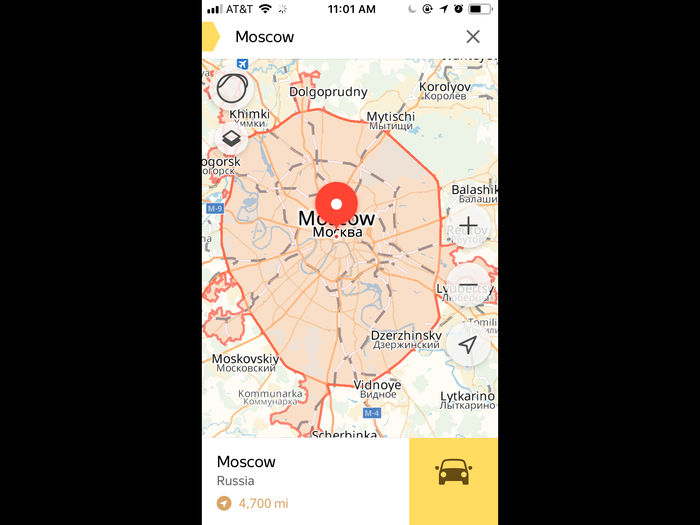
Same principle applies here. GoogleMaps works in Russia, and I used it often, but I was always double-checking addresses in Yandex Maps to make sure I had the right one. It's very easy to mix things up when you are relying on an app to translate alphabets.
Russia: Yandex Metro (free)
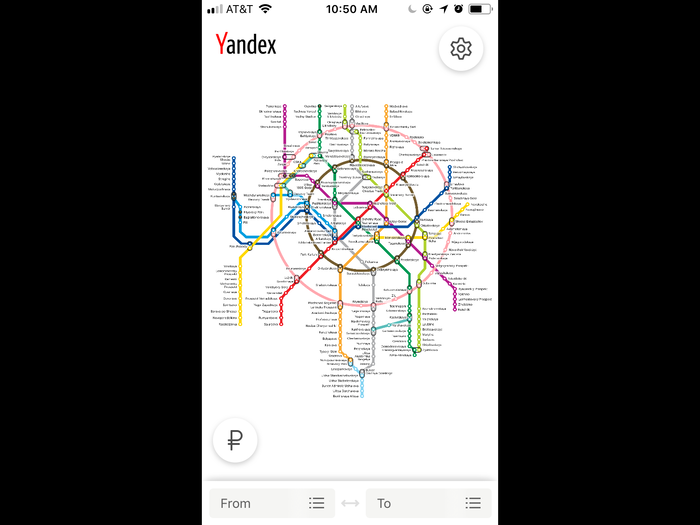
Yandex Metro, also owned by Yandex (noticing a theme here?), is the most accurate source for metro information in Moscow and St. Petersburg. The Moscow metro, in particular, is one of the best metro systems I've ever used and YAMetro makes it even better.
Russia: Telegram (free)
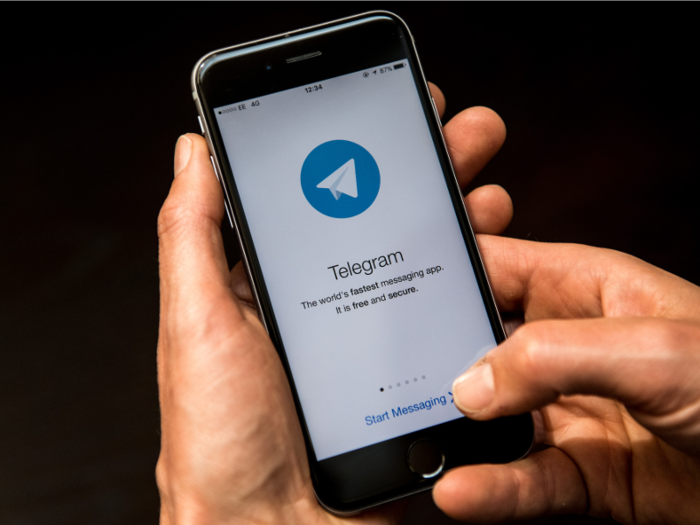
Telegram has turned into my go-to for talking to sources in countries where the government might be watching what you say. In Russia, it's become one of the biggest messaging apps for exactly that reason.
Israel: Gett (free)
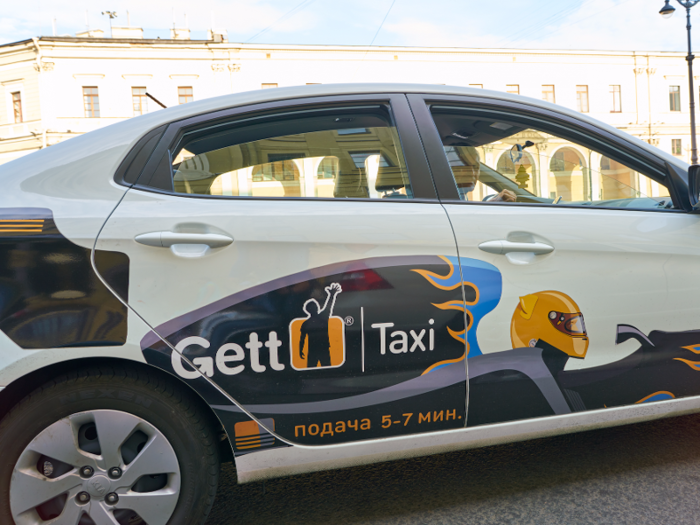
Based in Israel, Gett is the country's taxi-hailing app. It's not any cheaper than hailing a cab, but it's got a nice interface and has lots of promotions.
Israel: Moovit (free)
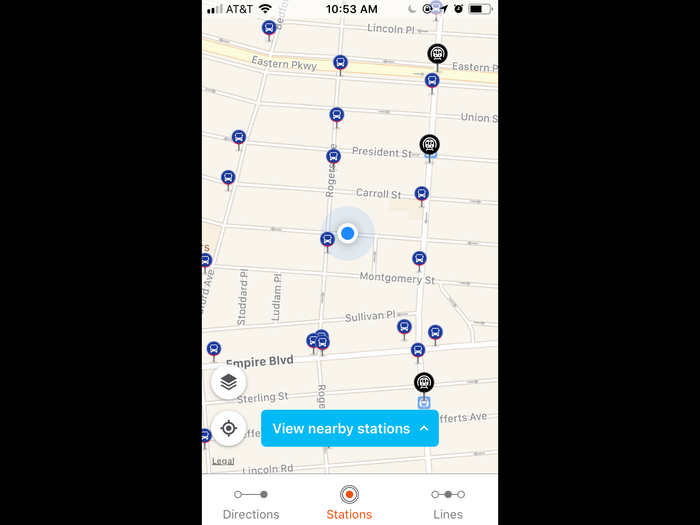
While Moovit is based in Israel, it's a great urban transportation app no matter where you are. It has GPS navigation and real-time public transit information that includes everything from buses and metros to ferries.
If you're wondering when the bus is coming, particularly in Israel, Moovit is crazy accurate.
Portugal: TheFork (free)
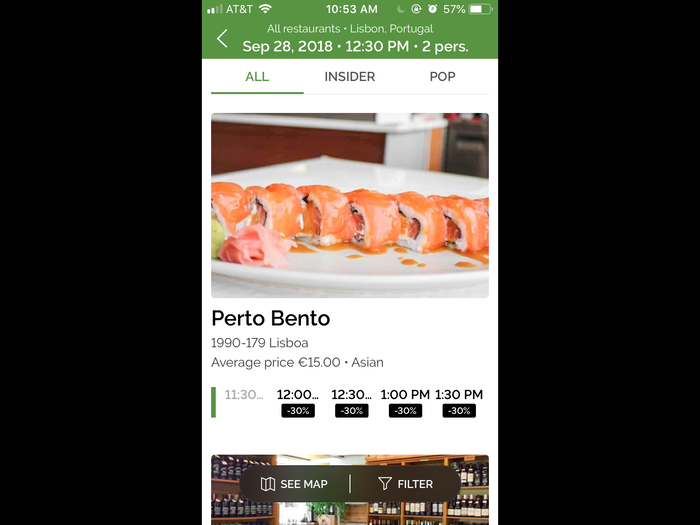
TheFork is a restaurant recommendation and booking app that operates in tons of European cities. I found it most useful in Portugal, where it can be just about impossible to snag a table at a restaurant during the busy summer months.
One nice bonus of the app is that it offers tons of promotions and discounts. It's worth having in your back pocket.
Portugal: Lisboa Cool (free)
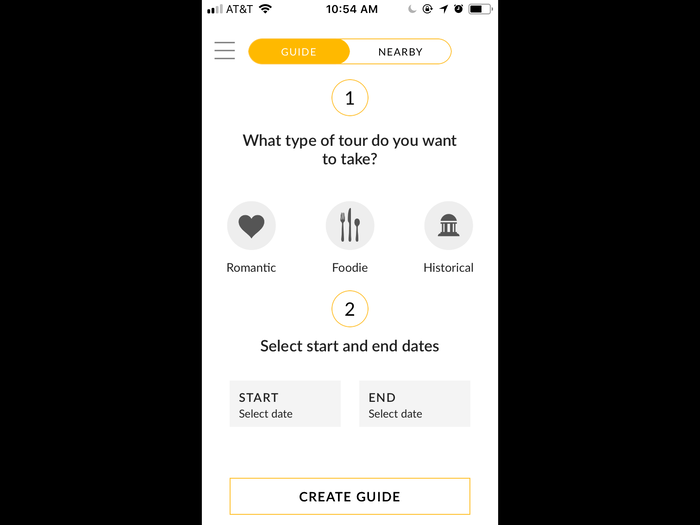
Lisbon is one of my favorite cities that I visited on my trip. It's colorful, hip, and packed with awesome places to eat and things to see. I have to think that Lisboa Cool helped cultivate that perception of mine.
It's a snazzy city guide app for Lisbon that you can cater to your interests, whether it's food or historical sites.
Portugal + Spain: WikiLoc ("freemium")
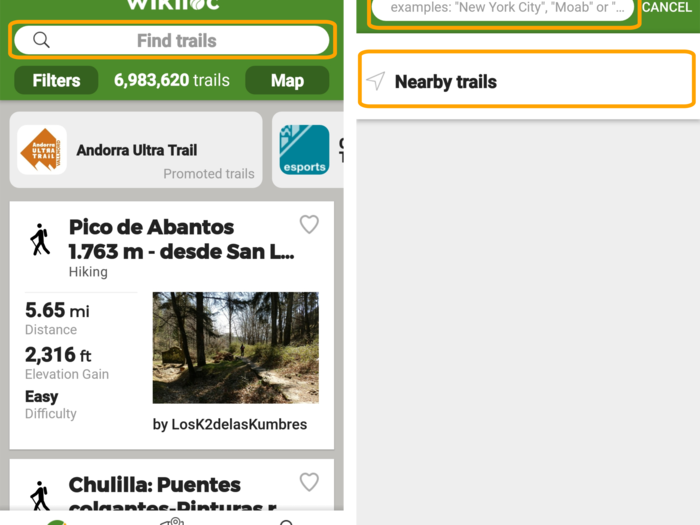
This is a must-have for hikers and people who love the outdoors.
It lets people track, upload, and review their hikes. You can follow their trails if you want so you don't get lost, but I prefer to use it to get a feel for the difficulty level and natural splendor on different hikes. I usually have time in a place for only one or two hikes. It helps me pick wisely.
Given that it's based in Spain, the app has a ton of hike recommendations for European countries.
Ibiza: What Happens Ibiza (free)
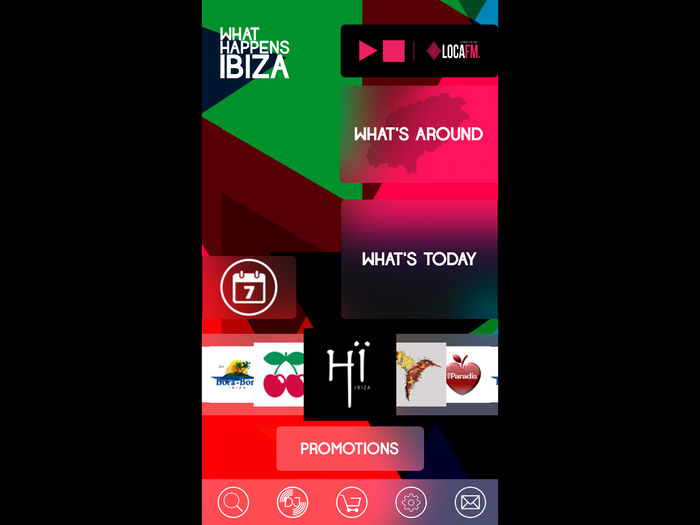
If you're visiting Ibiza, you are probably coming to party. What Happens Ibiza is a great guide to all the nonstop parties, beach gatherings, and everything else you might find on the Spanish paradise. You can also use the app to purchase tickets for events.
Ibiza: Menú Del Día (free)
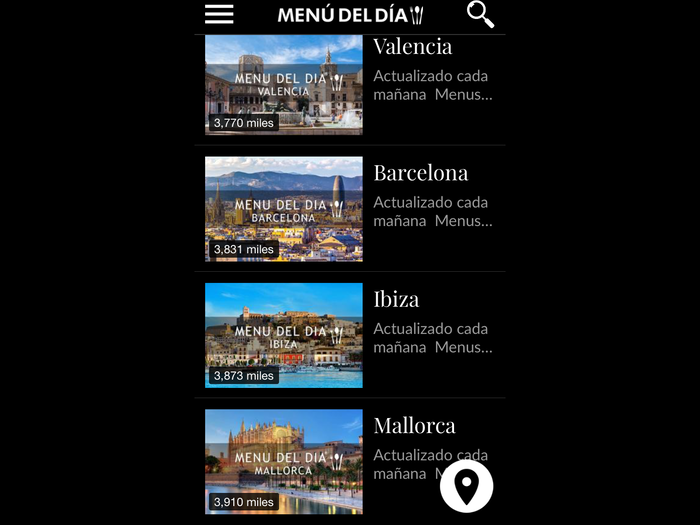
Ibiza has a reputation for being for the wealthy and the famous. What I found, however, was plenty of budget options so long as you do a little searching. Menú Del Día makes the searching a bit easier. You tell the app what part of the island you are in and it gives you a list of restaurants with that have a menú del día, a set menu that is usually a great bargain.
The app works in other parts of Spain, like Barcelona and Mallorca, too.
Popular Right Now
Popular Keywords
Advertisement